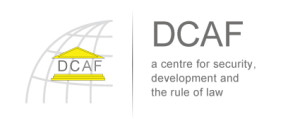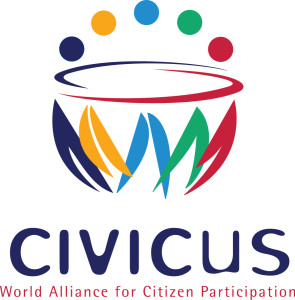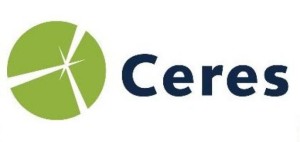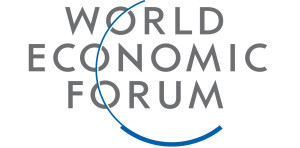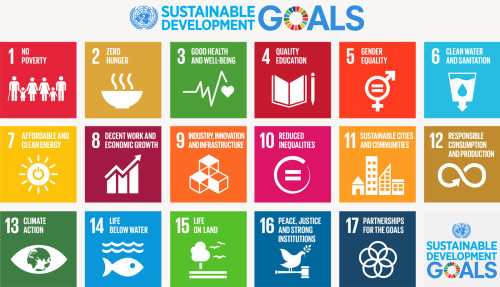
Since the founding of the United Nations, NGOs have been critical members of the policy and implementation process. NGOs, or Non-Governmental Organizations, are non-profit organizations working on humanitarian, human rights, and sustainable development issues worldwide. In Model UN, knowledge of NGOs will help you write a better position paper, deliver stronger speeches, and write more informed and realistic resolutions. However, in Model UN students often have a hard time finding NGOs to help with their solutions, and often use NGOs in the entirely wrong way! We’re hoping to fix that.
On this page, we give you a list of NGOs working in nearly every area of work of the United Nations. However, before scrolling through this list (sorted by Sustainable Development Goal), we first need to discuss how to use NGOs in a Model UN Conference.
In the UN System, NGOs have three main roles:
- Sharing their research and expertise with the United Nations in the policy-making process
- Working directly with UN Departments and Programs to assist in the implementation of solutions
- Using their networks and local contacts to amplify the work of the UN through disseminating information and bringing global access to remote or unknown areas
This means that NGOs do not fund the UN, UN Programs, or UN solutions. They also do not take orders from the United Nations, though the UN can make recommendations for NGOs.
These facts give you many opportunities to use NGOs to make you a better delegate in Model UN. For example:
- In your Position Paper, use research and solutions from NGOs to strengthen your ideas.
- In your Opening Speech, use NGOs to demonstrate why your solutions already work, and to show that your ideas and realistic and well-planned.
- In your Preambular Clauses, use NGOs to call attention to issue and recognize their hard work.
- In your Operative Clauses, use NGOs as a local network to help implement your solutions, as an amplifier for your public awareness campaigns, or as a reference point for new creative solutions.
By coming to a conference prepared with the NGOs working on your topic (which you can find below), you can bring new ideas grounded in real-world solutions to the topic in your committee.
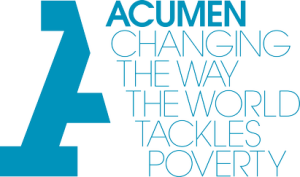
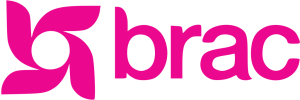
 CARE began following the Second World War when they sent “CARE Packages” to European communities to stem the rates of hunger in war-torn regions across Europe, however CARE now works globally. CARE International is a broad-ranging relief organization that focuses on several sectors to reduce global poverty. CARE works in over 90 countries, and operates over 900 projects annually. CARE’s main areas of work include HIV/AIDS, Food Security, Education, Gender Equality, Climate Change Mitigation, Water and Sanitation, and Economic Development in developing and least-developed countries.
CARE began following the Second World War when they sent “CARE Packages” to European communities to stem the rates of hunger in war-torn regions across Europe, however CARE now works globally. CARE International is a broad-ranging relief organization that focuses on several sectors to reduce global poverty. CARE works in over 90 countries, and operates over 900 projects annually. CARE’s main areas of work include HIV/AIDS, Food Security, Education, Gender Equality, Climate Change Mitigation, Water and Sanitation, and Economic Development in developing and least-developed countries.
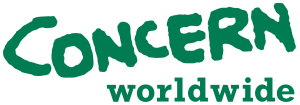 Concern Worldwide is an Ireland-based development organization employing over 3,000 development professionals worldwide. Concern works on long-term poverty eradication in Asia, Africa, and the Caribbean through education and medical support. Concern also works on disaster relief globally, and forms part of the Humanitarian Accountability Partnership. Concern manages the “1000 days” campaign, seeking to improve nutrition for the 1000 days from the start of a pregnancy to the second birthday of a child. Concern’s three core areas of work are Climate Resilience, Health & Nutrition, and Emergency Response.
Concern Worldwide is an Ireland-based development organization employing over 3,000 development professionals worldwide. Concern works on long-term poverty eradication in Asia, Africa, and the Caribbean through education and medical support. Concern also works on disaster relief globally, and forms part of the Humanitarian Accountability Partnership. Concern manages the “1000 days” campaign, seeking to improve nutrition for the 1000 days from the start of a pregnancy to the second birthday of a child. Concern’s three core areas of work are Climate Resilience, Health & Nutrition, and Emergency Response.
 Oxfam International consists of 17 organizations within 90 countries, aiming to alleviate poverty around the world. Oxfam focuses on disaster management, inequality, and access to food. In immediate disaster situations, Oxfam assists with providing basic essentials such as hot meals, clean drinking water, and health care. In economic and social development, Oxfam provides business training and school supplies using donations.
Oxfam International consists of 17 organizations within 90 countries, aiming to alleviate poverty around the world. Oxfam focuses on disaster management, inequality, and access to food. In immediate disaster situations, Oxfam assists with providing basic essentials such as hot meals, clean drinking water, and health care. In economic and social development, Oxfam provides business training and school supplies using donations.
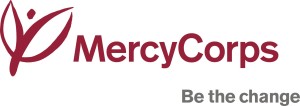
International Rescue Committee



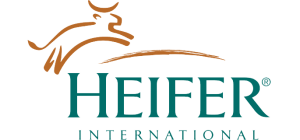
Global Alliance for Improved Nutrition
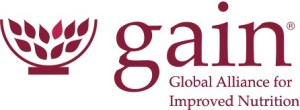
The Global Alliance for Improved Nutrition (GAIN) was developed at the 2002 Special Session of the UN General Assembly on Children to address global hunger and malnutrition. GAIN works globally to guarantee proper nutrition for people living in poverty by working on food fortification (increasing the vitamin yields in foods), maternal and infant nutrition (through nutrition supplements), and assisting communities to develop more nutritious crops on their farms. GAIN has led to a 30% reduction in anemia of childbearing age women in China, a 5% reduction in Vitamin A deficiency for children in Nigeria, and many other impacts across Latin America, Africa, and Southeast Asia.

International Red Cross and Red Crescent Movement
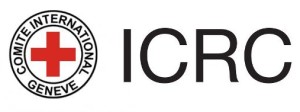
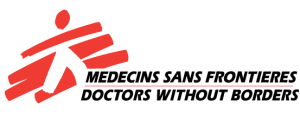

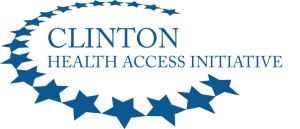
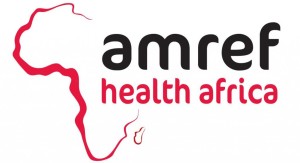

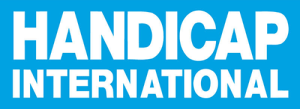

Helen Keller International


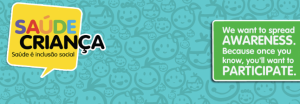

Population Services International
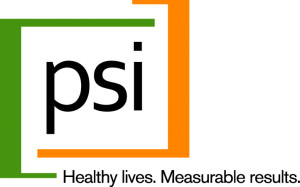
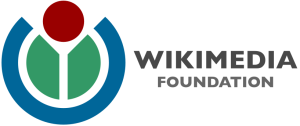

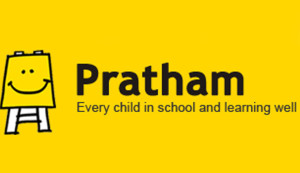


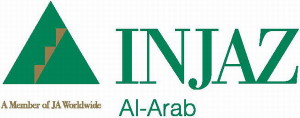
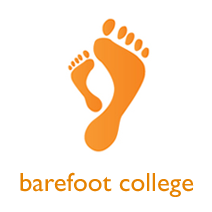
Forum for African Women Educationalists (FAWE)

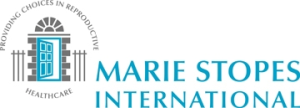
International Planned Parenthood Federation

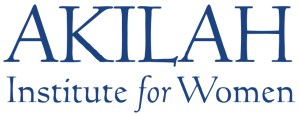


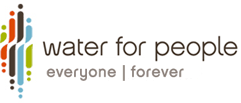
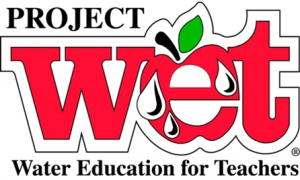
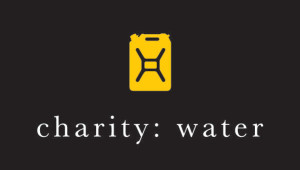
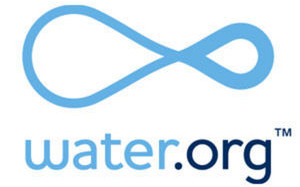

Global Alliance for Clean Cookstoves
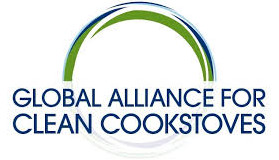
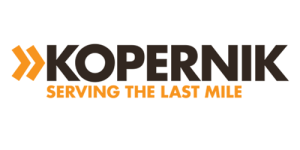
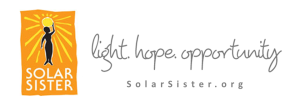


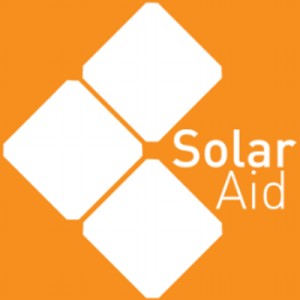



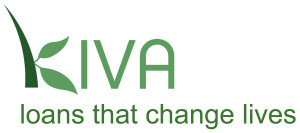
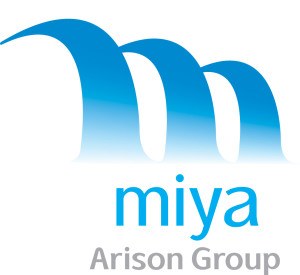

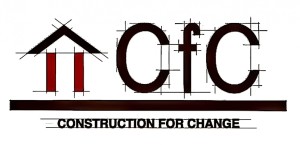

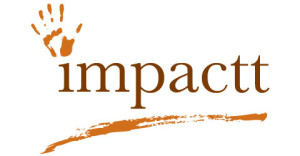

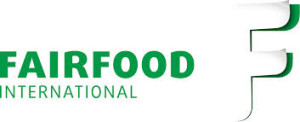

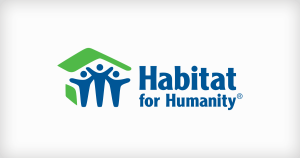
C40 Cities Climate Leadership Group


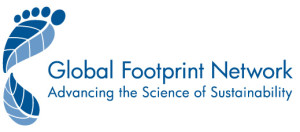
World Business Council for Sustainable Development
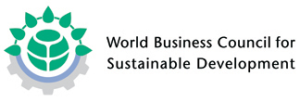
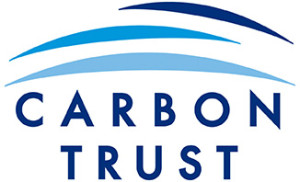
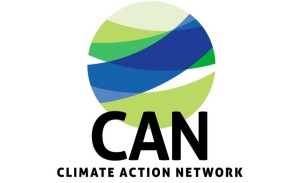
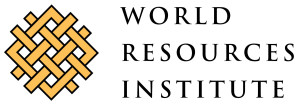
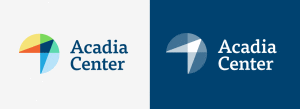
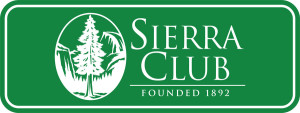
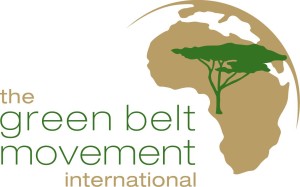
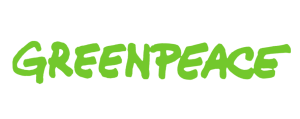

Whale and Dolphin Conservation
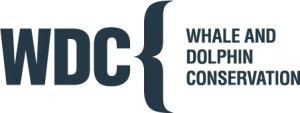
Antarctic and Southern Ocean Coalition
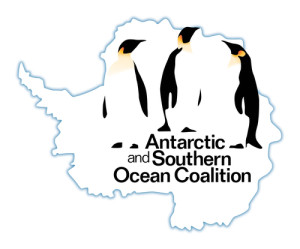
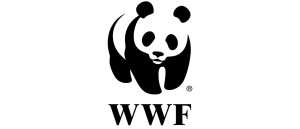


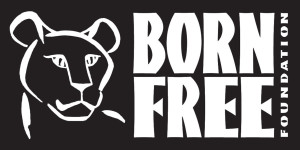
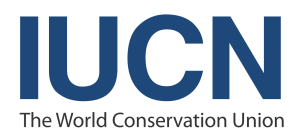
Center for Biological Diversity
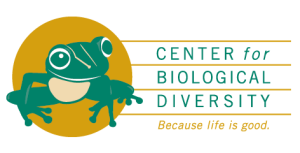
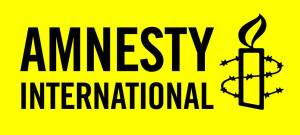

International Center for Transitional Justice
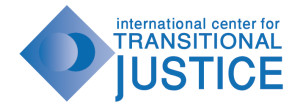
International Commission of Jurists
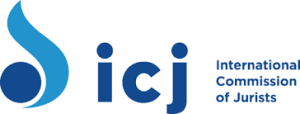


International Bridges to Justice
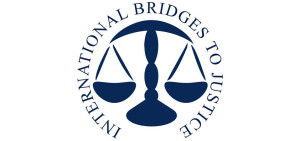
Geneva Center for the Democratic Control of Armed Forces
